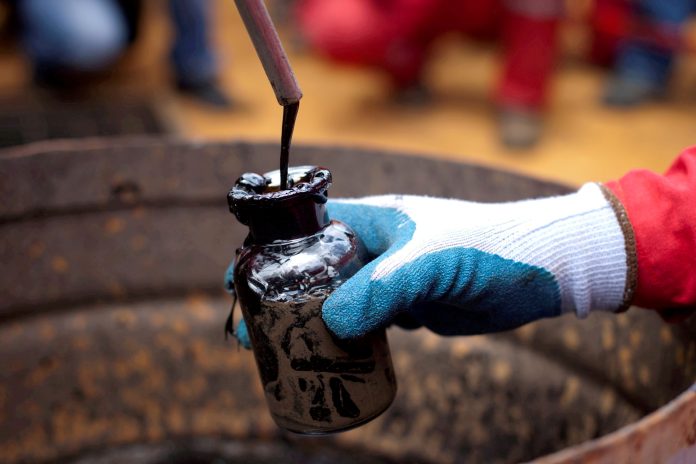The price of West Texas Intermediate (WTI) crude oil has been steadily rising, topping $90 a barrel for the first time last week, according to OilPrice.
Further price increases will have a negative impact on consumers, especially on petrol and transport costs. Oil supply dynamics remain out of control despite the Federal Reserve’s rate hike.
Before the Covid-19 pandemic, WTI crude traded between $50-60 per barrel for a year. The 2020 lockdown forced people to stay home, which crashed demand for oil and collapsed the price.
In response, US oil production fell by 3 million barrels per day. However, demand recovered faster than expected and the resulting imbalance triggered a rise in oil prices.
Many countries banned Russian oil imports after the outbreak of war in Ukraine in February 2022. The ban caused tensions in the markets, resulting in oil prices exceeding $100 per barrel in the summer of 2022.
In response, the US released a record amount of oil from the Strategic Petroleum Reserve (SPR). Since the beginning of the war, it has allocated 235 million barrels of oil, which is 40% of the pre-war level.
Such a move helped bring oil back below the $100 per barrel level as supply on the market increased. Subsequently, the price fell to below $70 per barrel by the end of spring 2023.
However, the SPR issue was risky, as OPEC could have simply cut production to offset the increase in supply resulting from the SPR, which is what it did.
While the SPR issue helped to drive prices lower, OPEC+ responded by cutting production as compensation. Russia and Saudi Arabia have significantly reduced production, again slowly reducing supplies.
Their recent decision to extend the cuts until 2023 surprised markets and drove prices higher. On top of that, devastating floods in Libya, one of the world’s top 20 oil producers, have prevented oil exports to global markets.
US production continues to rise and is almost certain to set a new record this year, but it has not been enough to cope with rising global demand and OPEC+ production cuts. The Biden administration has a limited range of options to respond to further oil price spikes due to the severe depletion of the SPR.
Thus, OPEC+ supply cuts will lead to further increases in oil prices, which are likely to exceed $100 per barrel. If the position of Russia and Saudi Arabia does not change, oil could create problems for inflation control and shake economic stability ahead of the US presidential election year.
